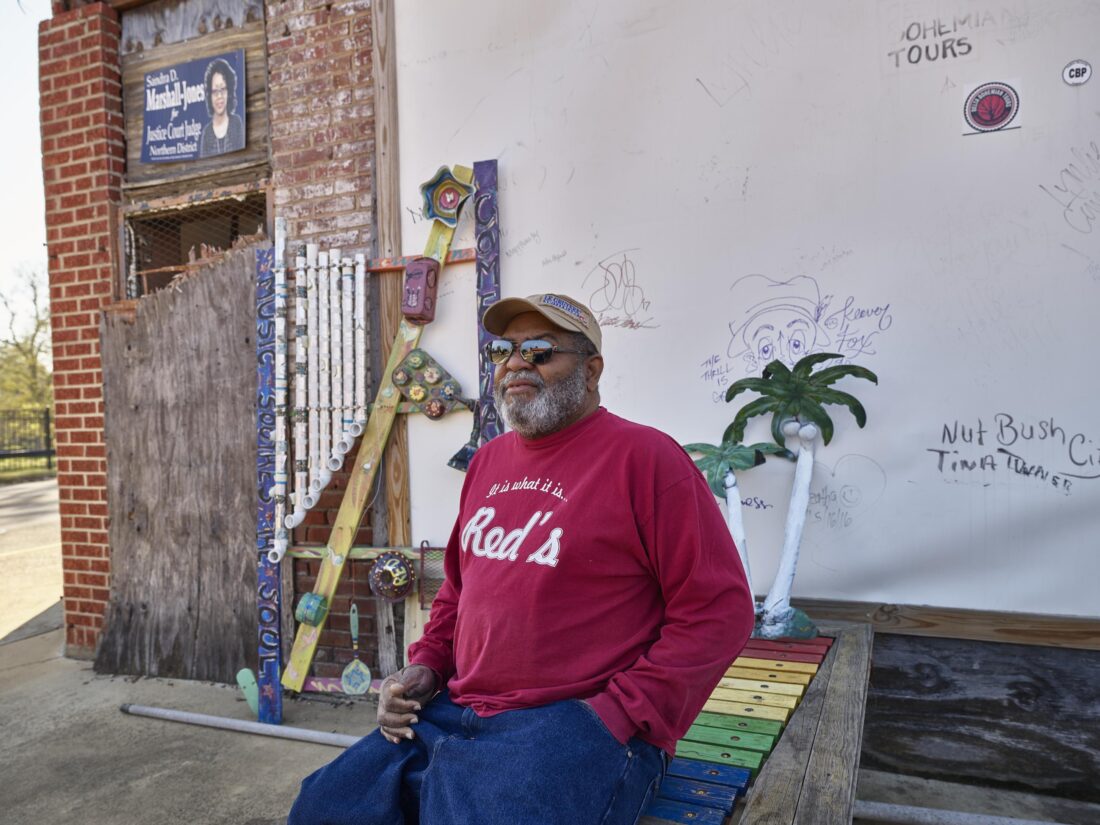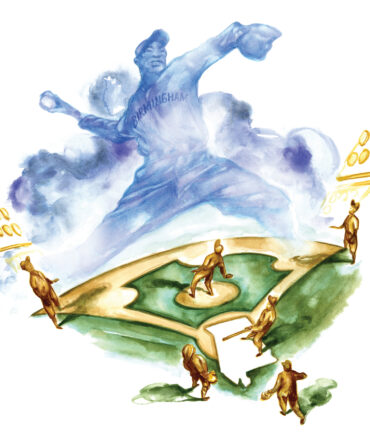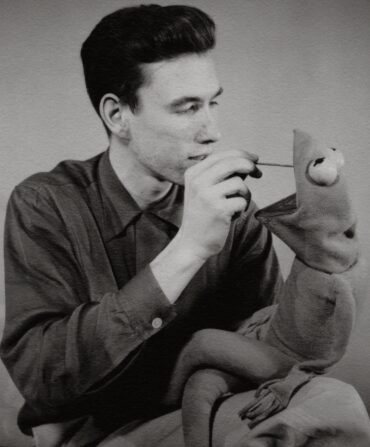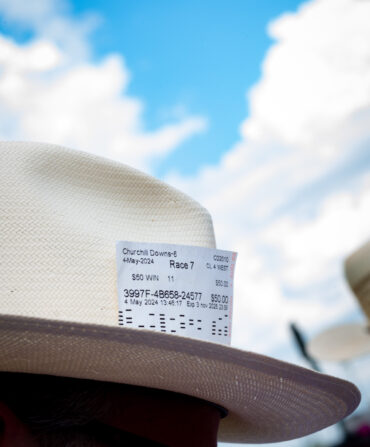You could smell it before you could see or hear anything. I was told there wasn’t a sign, but if ribs or chicken were cooking on the grill out front on the sidewalk, that was the place. A lone red light hung above the door. As we filed in, we were met by a burly, gruff man wearing sunglasses and a baseball cap. “Five-dollar cover,” said Red Paden, the owner and proprietor of Red’s in Clarksdale, Mississippi, one of the last joints in the world to see blues music in its birthplace. Paden passed away on December 30 at age sixty-seven from complications from heart surgery.

On this trip in 2010, four of my best friends and I met in Memphis, scarfing down rib plates at the Rendezvous before making our way to Clarksdale. We were a walking cliché of middle-aged whiteness, five dudes at our own crossroads, each of us ready to sell our soul to find the blues. The night began at Ground Zero, the club partly owned by actor Morgan Freeman and known as a reliable stop to hear blues music. It wasn’t meant to be. As the band finished up a lackluster cover of “Mustang Sally,” we stumbled onto the street to make our next move.
We walked west toward Sunflower Avenue, guided by a faint odor of smoke. Old wood chairs and a table sat outside the door, next to a couple of empty propane tanks. Inside, stuff was strewn about everywhere; we spent the first hour sitting on an old couch tucked into an area facing the small bar. We had to turn around or stand craning our necks to see the legendary Delta bluesman T-Model Ford, playing a hypnotic drone on his Gibson guitar while his twelve-year-old grandson backed him up on the drums. Paden watched over the scene as he slung tall boys and 40s of beer, cash only.
“Gave up on that Hollywood shit, huh?” Paden said as he pointed to my Ground Zero wristband. I smiled sheepishly. Like many people I encountered in the Mississippi Delta, Paden was wary initially, but once you showed interest and asked some questions, the stories would unfurl. As he regaled us with tales of his best friend Big Jack Johnson and other blues legends who played at Red’s—Jimmy Duck Holmes, Cedric Burnside, Frank Frost, among others—I felt the tractor pull of Ford’s soulful playing as it kicked up a notch. Paden’s daughters were doing some excellent dirty dancing, much to the amusement of a group of British guys sitting in a row of chairs flanking Ford’s setup, blues fanatics like us in search of the authentic. Paden founded Red’s in the early eighties, taking over a derelict music store that once counted Ike Turner as a regular customer. The low-ceilinged, neon-lit room became a haven for tourists, but also for locals. Paden was a proud member of the Clarksdale community, a native who started Red’s because he wanted a place to jam with his friends.
Ford kept teasing the tempo, a little faster, a little harder, until I was pounding my feet and standing eight feet from T-Model Ford, his eyes locked on mine for what seemed like an hour. The hair on my neck rose, and my hands started to tingle. It was the kind of transcendent moment that my friends and I were searching for, and still reminisce about more than a decade later.
I staggered back to the bar, dazed and confused, with a nice mellow buzz, and there was Paden, leaning on the bar with his right arm. We clinked bottles as he said, “We got your blues right here.”
According to Roger Stolle, one of Paden’s close friends and a Clarksdale Blues ambassador, Paden’s son, Orlando, will temporarily shutter Red’s, with plans to reopen it during Clarksdale’s Juke Joint Festival in April. The sixth-annual Red’s Old-Timers Blues Fest, which Paden started to shine a light on aging bluesmen, is planned for August 31, and Orlando Paden has set up a GoFundMe account to help with production costs.








